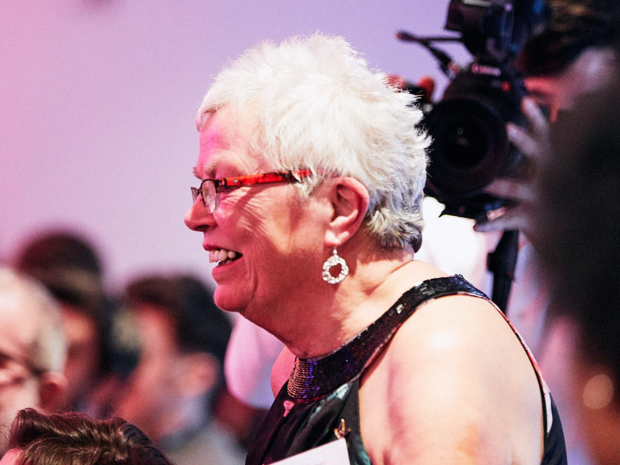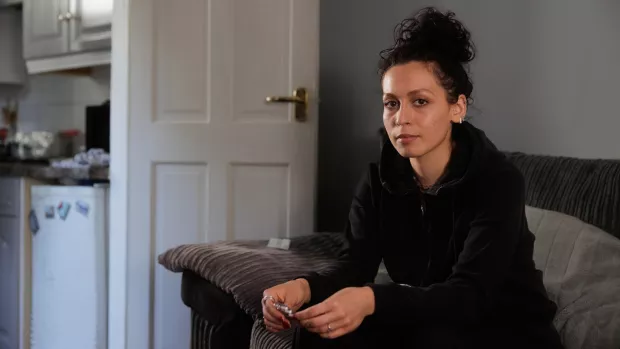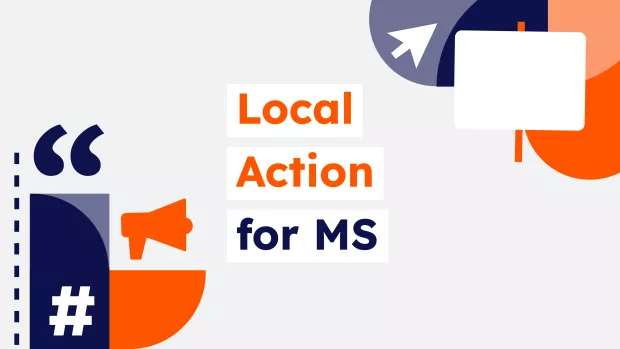
How we campaigned for a local MS nurse
Judy is the coordinator of the Borders local group and has been volunteering for almost two decades. The relationships the group built when they brought local people with MS together meant that when they called for better care, people listened.
I used to be the coordinator of a respite centre for people with MS so my association goes way back. When I stopped working I became a local volunteer, and I’ve been volunteering ever since. Even though I don’t have MS, I have many friends that have been affected by it.
Our campaign, in partnership with the Berwick and Peebles local groups, was to get an MS nurse for the Scottish Borders.
Campaigning for better services
When we started our campaign, we were asked why we needed a specialist nurse. I was able to use my experience from nursing people with MS to explain that their needs differ from the needs of people with other long term health conditions.
Having decided that our goal was to get better care for people with MS, we wanted to understand what the shortfalls were and what was working well. So we held meetings with people with MS and their carers across the region. A big part of the campaign was also gathering signatures on a petition which did lead to an NHS MS nurse being funded for the area.
Our new MS nurse was part-time with no cover for sickness or leave of absence, and we realised over time that if they weren’t available there was nowhere else for people to go. We also found people weren’t getting the support they needed through over the phone as a lot of people told us they were leaving answerphone messages and never hearing back.
We began by sending letters to the Chief Executive of the Health Board, the Chairman, the Chief Nursing Officer, the Consultant Neurologist and the MS nurse, and held a lot of meeting people with MS to build support.
From letters to meetings
As a result of our campaigning they started to invite us to the meetings where the review was taking place and sought to understand what we needed. We found that our MS Nurse was spending a lot of time on clerical tasks, which was taking time away from supporting people, so we focused on getting some admin support.
That lead to a meeting with the Chief Nursing Officer, the Consultant and the MS Nurse. We highlighted that there was a gap, but tried to make it as positive as possible and suggested solutions.
In the end, additional administrative support for the MS Nurse was provided. This has massively improved the telephone and email support and people now know that when they get in touch, they’ll hear back very quickly.
Our campaign helped us build very good relations with the MS nurse and the neurologist, which we didn’t have before. It’s definitely a better service as we don’t get as many complaints as we used to.
Small changes make a difference
The key was not getting discouraged. Some people began to feel like we weren’t getting anywhere, but you have to recognise the small changes you’ve made and relationships you’ve built.
I think for any campaign, you need to find out the most important issue for the community. The other thing is to be practical and campaign for what you think is achievable.
Seeing services improve and seeing the impact of the relationships we built has been great. A campaign doesn’t have to be earth shattering but ours really has helped people.


